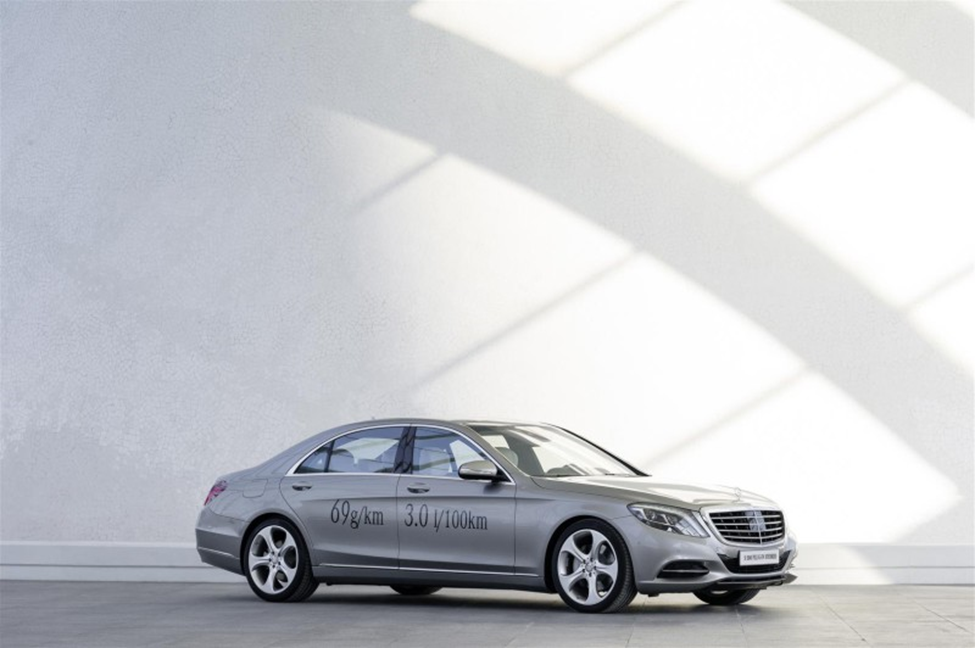Although some consumers in many parts of the world, such as the Middle East and North Africa, do not really care much about fuel-efficiency and emissions, we still find every car manufacturer worldwide trying to improve the fuel consumption and CO2 emissions as much as possible. The Stuttgart-based luxury car manufacturer Mercedes Benz is no exception.
Mercedes-Benz is working by the principle ‘consumption and emissions reduced, driving enjoyment increased’ by continuously improving the efficiency of all of its models, thereby saving fuel for the customer and sparing the environment a significant amount of impact from emissions.
As a result, the brand is today one of the most efficient in the premium segment and has set the benchmark in many vehicle classes with regard to consumption and emission levels.
In terms of specific figures, more than 50 Mercedes-Benz models emit less than 120 g CO2/km, and more than 100 models bear the energy efficiency label A+ or A.
Furthermore, at this year’s IAA international motor show in Frankfurt, Mercedes-Benz presented the S 500 PLUG-IN HYBRID, which emits just 69 g CO2/km – an optimum value which until recently was considered unimaginable. In 2013 the average CO2 emissions of the entire European new car fleet produced by Mercedes-Benz Cars had, by November 2013, already Mercedes-Benz has been working intensively from the very outset on
reducing the fuel consumption of its vehicles while at the same time increasing performance – for higher levels of driving pleasure and enhanced safety reserves.
With an average for the fleet of 134 g/km the Stuttgart-based automotive manufacturer has succeeded in repeating its above-average reduction in CO2 output in 2013 too. This corresponds to a reduction of more than 40 percent compared with 1995 and is the largest of all premium car manufacturers.fallen to 134 g/km. “In 2012 our CO2 fleet output was 140 grammes. We have now undercut this figure by a further 6 grammes. And one thing is certain – we will strive to reduce our CO2 emissions on a continual basis. Ultimately we have set ourselves the ambitious target of achieving an average CO2 fleet output of 125 g CO2/km by 2016”, explains Professor Thomas Weber, Daimler Board Member responsible for Group Research and Mercedes-Benz Cars Development.
In terms of fuel consumption, this means that overall the petrol and diesel engines of Mercedes-Benz Cars currently consume an average of around 3.5 to 4 litres less per 100 km than at that time. Viewed in terms of an average annual mileage of 15,000 kilometres, this corresponds to an annual saving of significantly more than one tonne of CO2, or almost 600 litres of fuel per newly registered vehicle. Environmental awareness therefore has significant benefits for the wallet too.



